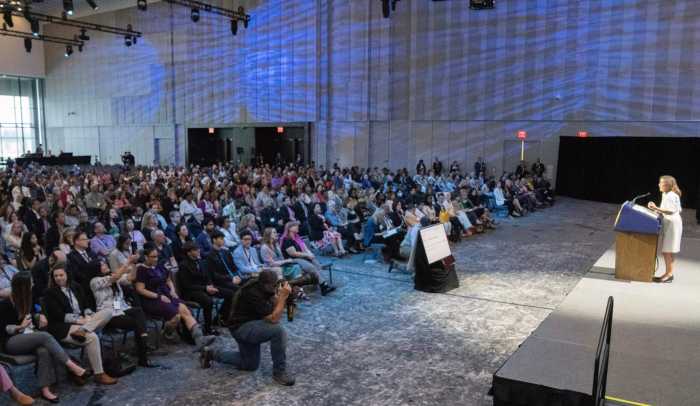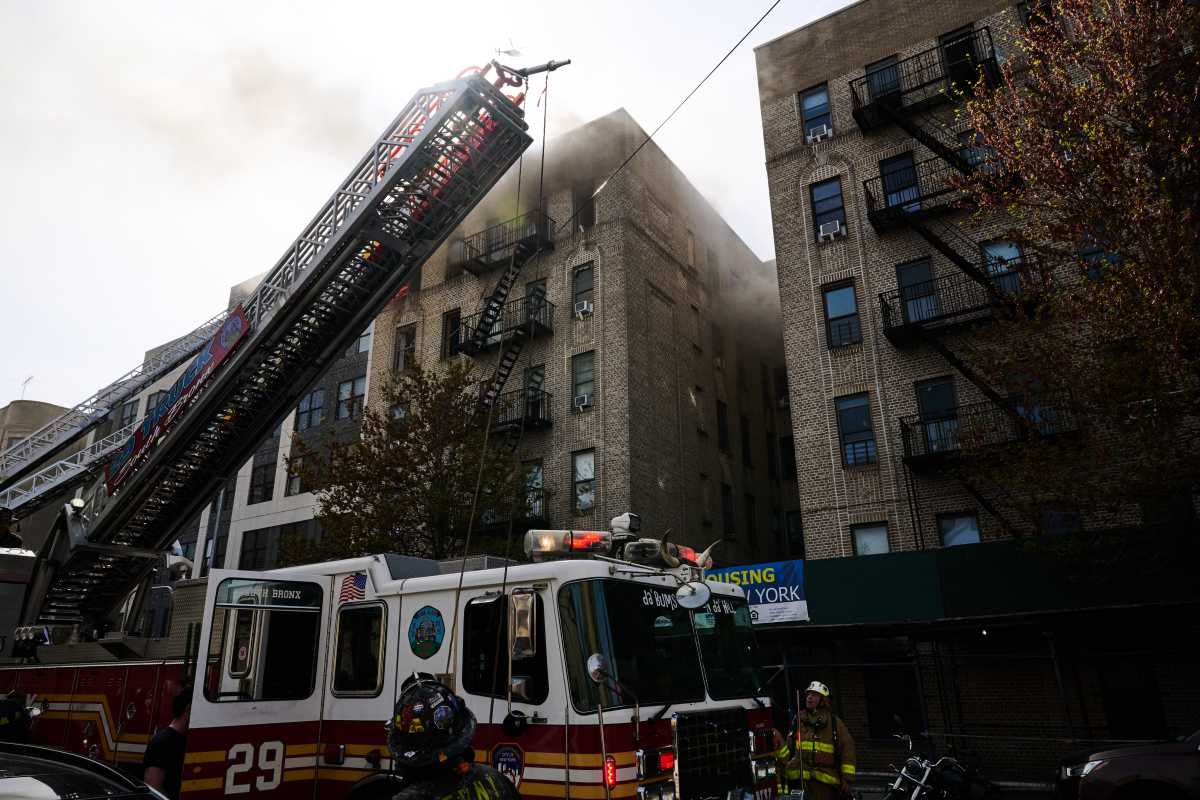Gov. Kathy Hochul on Monday signed a package of legislation designed to build additional affordable housing in New York City, while making homes in the Big Apple more hospitable and resilient to inclement weather.
“In light of New York’s housing crisis, I am proud to sign this legislation, which will allow for the construction and preservation of more affordable, sustainable, and sorely needed housing in New York City,” Hochul said in a statement.
The governor signed three new laws on Oct. 23 — the first of which will create a new “affordable housing rehabilitation program” in New York City to replace the former J-51 program that lapsed at the end of the state’s 2023 legislative session.
The bill (S. 4709A/A. 7758), dubbed the “Affordable Housing Rehabilitation Program,” allows New York City to use tax incentives to encourage landlords of multifamily dwellings to renovate their housing units — giving building owners up to 20 years of tax abatements, provided the building being renovated is at least 50% affordable or be operated by a limited-profit housing company.
As many landlords neglect properties where tenants are paying below-market-rate rent, the program is meant to prompt much-needed repairs for tenants of affordable housing units.
“The new Affordable Housing Rehabilitation Program is a bigger, better version of the old J-51 tax abatement program,” said State Sen. Brian Kavanagh, the prime sponsor of the bill. “These programs…will ensure that we’re incentivizing and subsidizing critical housing construction, preservation, and rehabilitation work that might not otherwise be possible.”
Assembly Member Edward Braunstein, who authored the lower-chamber’s version of the bill, hailed the move as a win for tenants and landlords alike.
“As middle-class co-op and condo owners – many of whom are seniors on a fixed income or young families – grapple with a rising cost of living, it is imperative that New York State does its part to alleviate the burden,” the pol said in a statement. “With the new Affordable Housing Rehabilitation Program, formerly known as J-51, I fought hard to raise the assessed value threshold, allowing even more co-ops to qualify for this cost-saving program, which in turn will hold down maintenance costs.”
The second bill signed by Gov. Hochul on Monday, dubbed the “Housing Affordability, Resiliency, and Energy Efficiency Investment Act of 2023” (S.2985C/A.6655AA), calls for loosening restrictions on New York City’s ability to provide loans and grants for investment in affordable housing.
While state laws previously prohibited certain types of municipal government spending, the legislation allows more flexibility as the city grapples with a housing shortage.
“As rents continue to rise and working people struggle to afford to stay in New York, our administration is moving aggressively to make the changes we can at the city level to build much-needed housing,” Mayor Eric Adams said in a statement. “But our partners in government increasingly understand the need for bold action to address the city’s affordability crisis.”
The New York City Housing Development Corporation will also get a bump from the recently-signed legislation, as (A. 7359/S. 6750) will allow the HDC, the country’s largest city-run housing finance agency, to issue bonds totaling up to $19 — a significant boost in their current budget, which forecasts them running out of bonding capacity by mid-2024, according to Hochul’s office.
City leaders hailed the signing of the legislation as a major win for tenants and small-time landlords in the Big Apple.
“Under the leadership of Mayor Adams, New York City is making historic investments in the development and preservation of affordable housing,” said the city’s Deputy Mayor for Housing, Economic Development, and Workforce Maria Torres-Springer. “These critical reforms will help our investments go farther, while giving us new flexibility to assist homeowners and deliver high-quality, sustainable housing.”
Read more: Supreme Court Upholds NYC Rent Laws Despite Landlord Challenge


































